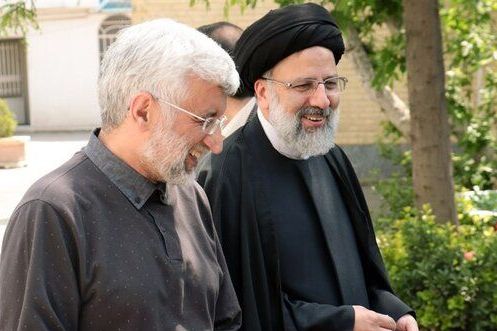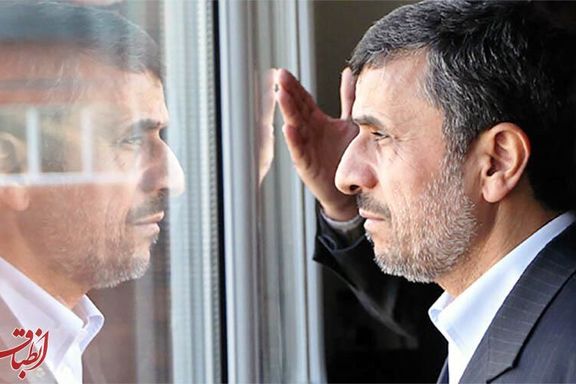Media Blame Ultraconservative Party For Iran's Problems

The ultraconservative Paydari [Steadfastness] party is often blamed in Iran for most of the country's political, economic and social-cultural problems.

The ultraconservative Paydari [Steadfastness] party is often blamed in Iran for most of the country's political, economic and social-cultural problems.
The party emerged in Iran under populist President Mahmoud Ahmadinejad (2005-2013) but it also left its impact on political life under presidents Hassan Rouhani (2013-2021) and Ebrahim Raisi (2021 onward).
A report in the moderate conservative Khabar Online website on March 22 characterized Paydari as a party that has adversely affected "Iran's progress" by standing against the people's wishes. The party has an opaque leadership, but its fingers can be seen pulling the strings everywhere.

According to Khabar Online, during the past year, Paydari prioritized its own factional interests over the country's national interests and as a result, Iran lagged other countries on the route to development. Most of what the party has been doing at the parliament were about restricting people's access to the Internet, promoting the idea of use of force against dissidents and invading Iranians' private lives by backing forced hijab and other religious rules.
Some of these fundamentalist approaches led to recent nationwide protests. The party's intervention in every aspect of life has often annoyed the populace. Many reacted with frustration and anger when the party's mouthpiece Raja News website demanded persecution and harsh punishment for a female stand-up comedian who makes fun of regime politicians.

Khabar Online charged that while the people's welfare and livelihood is the country's most important problem, Paydari members, who constitute the majority in the Iranian parliament are concerned about Iranian women's defiance to compulsory hijab.
Although not all the party's members are known to the public, views expressed by politicians in the past two decades have revealed to keen Iran watchers that even some high-ranking IRGC generals also subscribe to Paydari's fundamentalist ideology. Some of these generals are now members of the parliament with or without their uniforms.
On the other hand, many Raisi's cabinet members, including most of those on his economic team are said to be the leading members of Paydari. The party's link to Raisi became evident during his Presidential election campaign when its leading members such as former nuclear negotiator Saeed Jalili were active. However, like many other areas in Iranian politics, it is never clear who is the cart and who is the horse. Is Raisi using Paydari or is the party using the president?
Paydari is also known for its ruthless opposition to the revival of nuclear deal (JCPOA) with world powers, which some argue aligns with the murky role Russia has been playing in the nuclear issue.
During 2014 and 2015 when the agreement was being negotiated, opposition to the deal at the parliament came mainly from Paydari lawmakers or those who were close to the party.
On the economic front, although a minority at the Majles worked hard to impeach Raisi's economic ministers, Paydari members obstructed all the motions in collaboration with their allies at the presidium, Khabar Online wrote, echoing other media in Iran.
In the cultural sphere, Paydari has always defended the most hard-line policies over hijab and restricting civil liberties, while virtually doing nothing to help revive the economy.
The most damaging policies followed by Paydari have been the attack on the Saudi Embassy in Tehran in 2016 by "rouge elements" and the party's explicit opposition to a nuclear deal that could have saved the nation from economic misery, the moderate-conservative website said.